Skin Cancer Screenings and Total Body Skin Exams
Comprehensive Skin Cancer Screening at the Center for Surgical Dermatology & Dermatology Associates
A skin cancer screening, also known as a total body skin exam (TBSE), is a thorough visual examination of the skin conducted by a healthcare professional, typically a dermatologist. The primary purpose of this screening is to identify any unusual moles, growths, or skin abnormalities that could be indicative of skin cancer. During the exam, the dermatologist carefully examines the entire body, including areas not typically exposed to the sun, as skin cancers can develop in various locations.
Dermatologists are specially trained to recognize and differentiate between benign moles, freckles, and other skin lesions from potentially harmful or cancerous ones. Early identification of suspicious lesions can prompt further evaluation or biopsy if necessary, significantly improving the chances of successful treatment and outcomes.
At the Center for Surgical Dermatology & Dermatology Associates, we prioritize your skin health with comprehensive skin cancer screenings. Our expert dermatologists utilize their extensive training and experience to conduct detailed examinations, ensuring that any signs of skin cancer are detected early. Regular screenings are essential for everyone, especially those with a history of sun exposure, tanning bed use, or a family history of skin cancer.
Don't wait to take charge of your skin health. Schedule a total body skin exam (TBSE) with our trusted dermatologists at the Center for Surgical Dermatology & Dermatology Associates today. Early detection is key to effective treatment and maintaining healthy skin. Let us provide you with the peace of mind that comes with thorough and professional skin cancer screening.
Examples of Skin Cancer Screenings
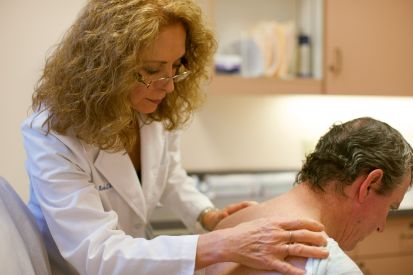
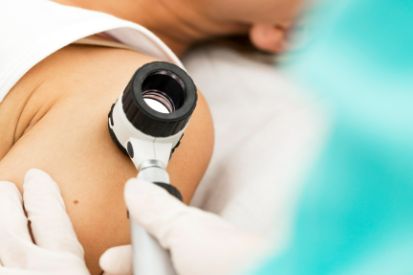
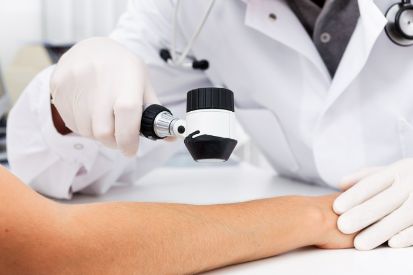
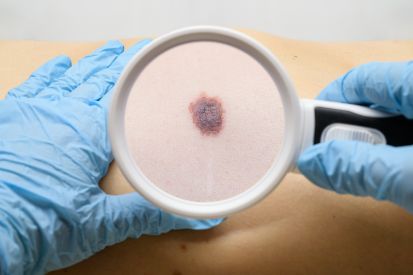
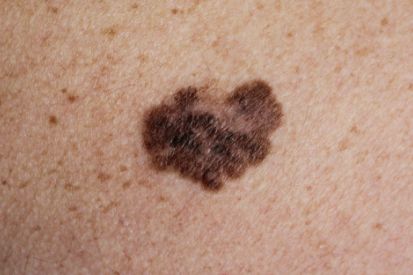
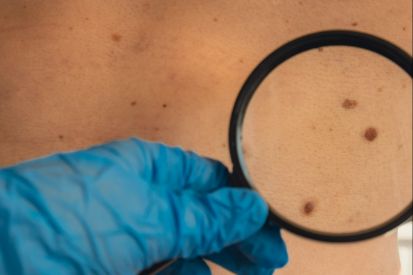
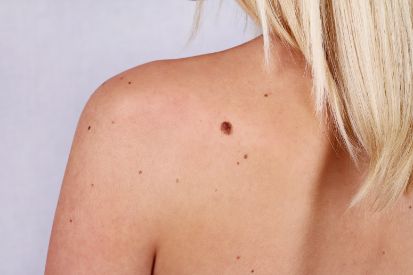
Why Patients Need a Total Body Skin Exam
TBSEs also provide an opportunity for healthcare providers to educate patients about skin cancer risk factors, sun protection measures, and self-examination techniques. Educating patients empowers them to take proactive steps in maintaining their skin health.
Benefits of a TBSE
Regular skin cancer screenings are an important part of preventive healthcare, promoting early detection and timely intervention.
How the Center for Surgical Dermatology & Dermatology Associates Can Help with Mohs Surgery in Westerville, Ohio
Trust Your Skin Health to the Experts at the Center for Surgical Dermatology & Dermatology Associates
As one of the top medical skin treatment providers in the nation, there are many reasons to trust us with the health of your skin. Our commitment begins with providing the latest, proven, proactive, and comprehensive dermatologic care, including our thorough Total Body Skin Exams (TBSE).
Our approach goes beyond treating skin conditions—we offer holistic care that encompasses the health of your skin, hair, and nails. Our team of highly qualified skincare professionals takes the time to examine you thoroughly, ensuring every aspect of your skin health is addressed. We believe in a comprehensive approach to dermatologic care that supports your lifetime skin wellness journey.
At the Center for Surgical Dermatology & Dermatology Associates, we are dedicated to your skin’s health and well-being. You can count on us to provide personalized care tailored to your unique needs, leveraging our expertise to deliver the best possible outcomes. Trust us to be your partner in achieving and maintaining optimal skin health.
Experience the difference that expert, holistic dermatologic care can make. Schedule your appointment with the Center for Surgical Dermatology & Dermatology Associates today and embark on your journey to healthier, more radiant skin. Let our dedicated team support you every step of the way.
FAQs: Total Body Skin Exam (TBSE)
The frequency of TBSEs varies based on individual risk factors, personal history, and family history of skin cancer. Generally, it's recommended to have a baseline examination and discuss follow-up intervals with your dermatologist.
No, a TBSE is a non-invasive and painless examination. It involves a visual inspection without any invasive procedures like biopsies unless a suspicious lesion is identified and requires further evaluation.
After the examination, your dermatologist may discuss their findings with you. If suspicious lesions are identified, they might recommend further evaluation through a biopsy or additional tests.
Yes, regular self-examinations of your skin are encouraged. Your dermatologist can teach you how to perform self-checks between professional examinations. Look for changes in moles, new growths, or any irregularities in your skin.
Anyone with a history of skin cancer, multiple moles, or a family history of skin cancer should consider regular TBSEs. Individuals with fair skin, extensive sun exposure history, or a weakened immune system may also benefit.
Sun protection is essential. Use sunscreen, wear protective clothing, hats, and sunglasses, and seek shade during peak sun hours to minimize sun damage and reduce the risk of skin cancer.
From our QualDerm Family of Brands: Total Body Skin Exams
What to Expect During Your Total Body Skin Exams
You will be asked to stand or sit, and your dermatologist will systematically examine the entire body, including the scalp, face, neck, torso, arms, hands, legs, feet, and even between the toes and the soles of the feet.
Your provider will closely examine moles, freckles, birthmarks, and any other skin abnormalities. They will assess the size, shape, color, and borders of each lesion. If any suspicious lesions are identified, they will discuss their findings with you and may recommend further diagnostic tests or a biopsy for a more accurate diagnosis.
Depending on the findings, your dermatologist may recommend scheduling for follow-up screenings or additional appointments for monitoring or treatment.
Remember, a TBSE is a proactive measure for early detection of skin cancer, and patients are encouraged to communicate openly with their healthcare provider about any concerns or questions they may have during the examination.
How to Prepare for a TBSE
Before the appointment, take note of specific moles or skin concerns, and consider going makeup-free if you have concerns about your face. Arrange your hair for scalp examination and remove nail polish if necessary. Share your medical history, including any family history of skin cancer, and bring a list of current medications.
Feel free to ask questions to ensure a clear understanding of the TBSE process. Remember, this routine procedure is designed for early detection of skin cancer, and your dermatologist is there to address your concerns and support your skin health.
Is Recovery Needed for a TBSE?
After a TBSE, individuals may choose to keep an eye on any areas of concern identified by the dermatologist and follow any recommendations for self-monitoring.
It's essential to maintain good skin health practices, such as regular use of sunscreen, protection from excessive sun exposure, and self-examination of the skin for any changes between medical appointments.
Featured Blogs
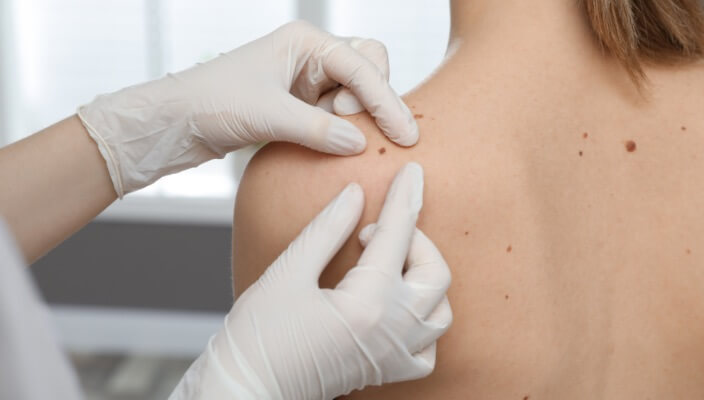
- Skin Cancer
- General Dermatology
- Skin Exams
Navigating the landscape of Total Body Skin Exams: Uncover the comprehensive process, understand why it matters for skin health, and gain insights into what to expect during these essential dermatological examinations.
Read More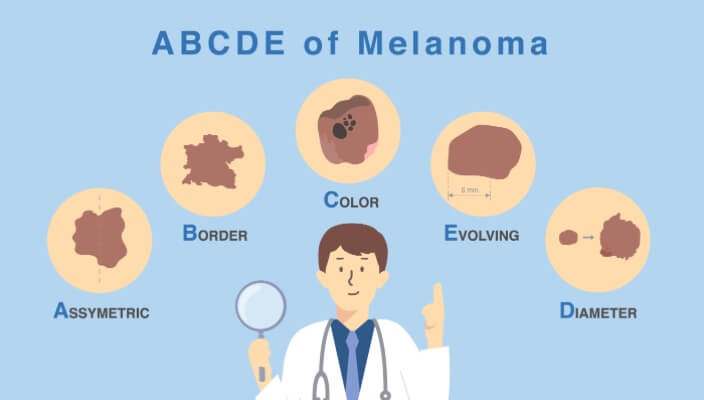
- Skin Cancer
- General Dermatology
- Skin Exams
Learn the ABCDEs of Melanoma, the deadliest form of skin cancer.
Read More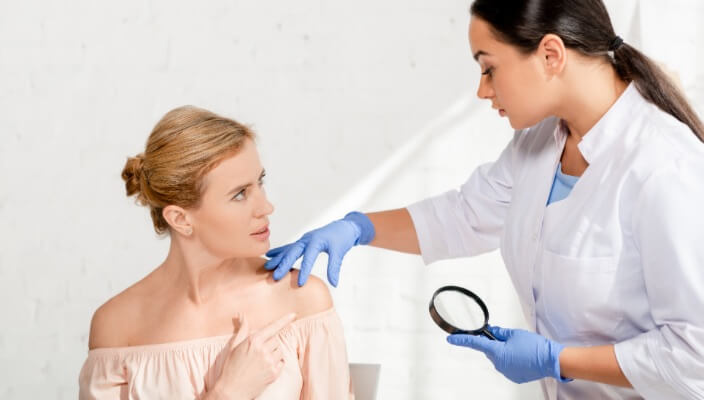
- Skin Cancer
- Skin Exams
Total Body Skin Exams (TBSEs) are crucial for healthy skin. Learn more about the importance of TBSEs and skin cancer detection.
Read MoreFeatured Products for Sun Protection
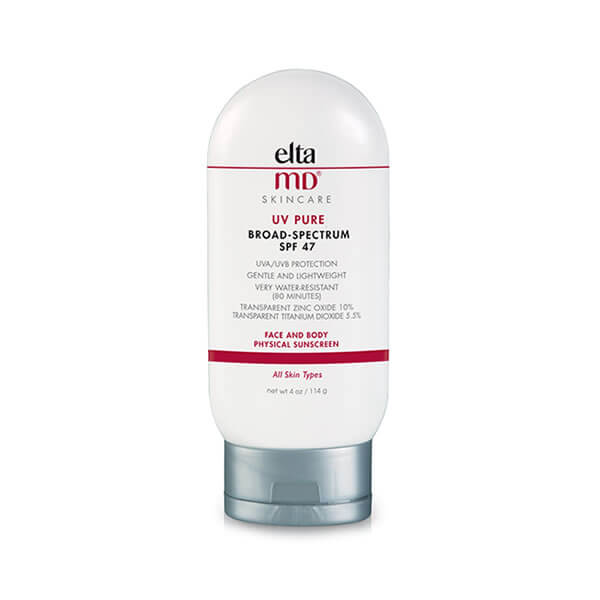
EltaMD UV Pure SPF 47
For those who want chemical-free active ingredients, EltaMD UV Pure is the ideal daily sunscreen. Great for children and adults, the gentle formula glides on wet or dry skin and rubs in quickly. UV Pure is formulated with purely physical active ingredients which are photostable. 4 oz / 114 g
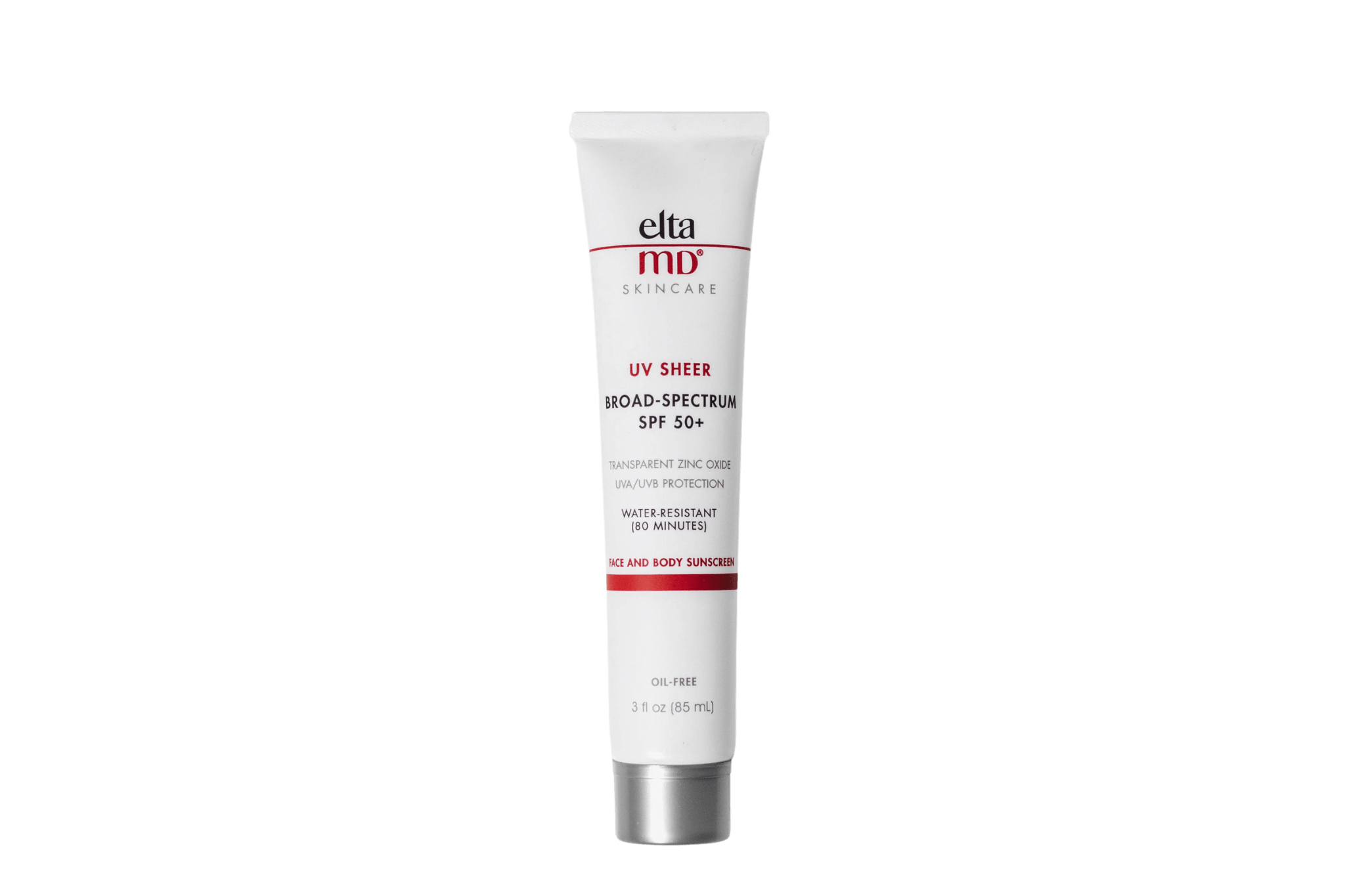
EltaMD UV Sheer Broad-Spectrum SPF 50
UV Sheer has a lightweight, hydrating formula that feels silky to the touch and light and airy on the skin. It goes on smooth absorbing quickly into skin and helps even out skin tone. This facial sunscreen offers up to 80 minutes of sweat and water-resistance making it the ideal choice for an active lifestyle, hot and humid weather and for anyone looking for a lightweight and hydrating sunscreen to live freely under the sun. UV Sheer is formulated to be compatible on all skin tones without leaving a white cast. 3.0 oz
